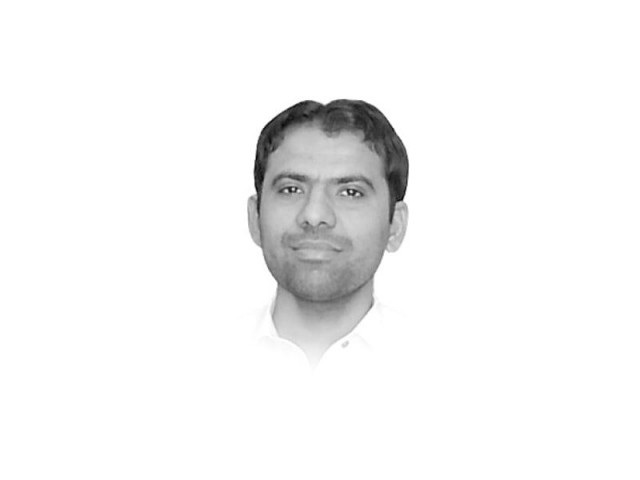Rethinking urban planning in Pakistan
The unchecked surge in urban populations has also made affordable housing a critical issue in major cities.

Pakistan faces significant challenges as it grapples with rapid population growth and urbanization - issues that have been underscored in a recent report by the Asian Development Bank. The country's urban population is expanding at nearly twice the rate of its rural counterpart, with approximately 93.8 million people living in urban areas out of a total population of 240 million. By 2030, the urban population is expected to reach 99.4 million, comprising over 40% of the total population.
The economic opportunities and amenities concentrated in major cities are the primary factors driving this urban influx. As of 2017, about 54% of urban dwellers resided in just 21 major cities, with 34.5% of them living in megacities like Karachi and Lahore. This rapid urban growth has led to an alarming expansion of cities, resulting in the proliferation of unregulated and illegal settlements. These informal settlements, which operate outside the boundaries of urban development planning and regulations, are placing enormous strain on urban infrastructure and environmental systems. Moreover, the encroachment of urban sprawl onto agricultural land poses a severe threat to food security in the future.
It is imperative that urban planning is given the attention it deserves to ensure that our cities can meet both current and future challenges. Cities must provide a safe and peaceful environment for their residents, and offer better opportunities for education and economic advancement. Education and economic opportunities are the fundamental drivers behind the rapid urban population growth which, in turn, exacerbates issues such as urban sprawl, population density, economic hardships and a host of other problems. However, these critical issues are not being adequately addressed.
Economic opportunities remain predominantly concentrated within or around major cities. Similarly, access to education and other essential services compels people to migrate towards these urban centers. Without addressing the root causes of this urban migration, it will be impossible to curb the relentless expansion of cities. There must be a focus on equitable distribution of economic opportunities and services, with smaller cities also being targeted for development. Strict regulations regarding urban boundaries must be enforced, and unplanned settlements prohibited without exception.
Regrettably, Pakistan remains stuck in an outdated paradigm when it comes to urban planning, particularly in smaller and medium-sized cities, where planning is often haphazard or entirely absent. Institutional inefficiencies and lax regulations have created an environment where building codes are ignored, and population planning is virtually non-existent. This corruption and mismanagement give rise to a cascade of problems, one of the most pressing being the increasing incidence of urban flooding. In recent years, even light rainfall has led to severe flooding in cities due to blocked drainage systems.
The unchecked surge in urban populations has also made affordable housing a critical issue in major cities. Responsible actions regarding urban planning and development cannot be realised until a robust local government system is put in place. The absence of a strong local government framework is one of the fundamental causes of the haphazard and unregulated expansion of cities in Pakistan. Local representatives have a unique role in promoting the development, prosperity and welfare of their cities, a role that no other entity can fulfill effectively.
While it is essential to address various factors contributing to the urban crisis, it is equally important to recognise that without an active and efficient urban governance system, the escalating issues of urban populations cannot be managed. These challenges have already begun to pose a serious threat to the social fabric of the country. A comprehensive and forward-thinking approach to urbanisation, guided by a new model that incorporates equitable resource distribution, strict regulatory enforcement and an empowered local government system, is crucial for ensuring that Pakistan's cities can sustain their populations and thrive in the decades to come.













COMMENTS
Comments are moderated and generally will be posted if they are on-topic and not abusive.
For more information, please see our Comments FAQ